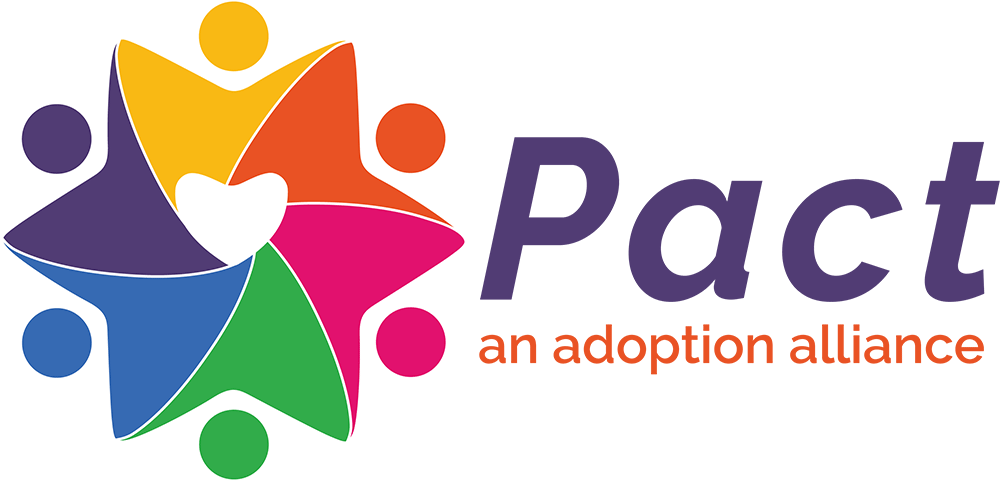Book Review:
Brothers and Sisters in Adoption: Helping Children Navigate Relationships When New Kids Join the Family
by Arleta James
reviewed by Allison Branscombe
2009
Brothers and Sisters in Adoption (Perspectives Press, 2009), by Arleta James, is aimed at parents as well as pediatricians and adoption and mental health professionals. Written clearly in layperson’s language, this tour de force book covers an unprecedented range of issues. Despite the title’s emphasis on siblings, this book is actually a great resource for all adoptive parents, whether they have several children or only one—especially if they are parenting a child with special needs. It addresses all the “tough” issues with compassion and treats the whole family, a rarity in adoption literature.
One of James’ major themes is expectations: those of adoptive parents and adoptees’ siblings. She explores how parents’ expectations impact their emotions, their parenting style, and of course, what they communicate to their children. As the parent of two kids adopted as infants from China, I would have found this book extremely helpful when our second child arrived. My expectations for how long it would take to transition to our new family of four were seriously unrealistic, and all of us would have benefited from more information on sibling relationship issues.
James explains the many consequences of cognitive dissonance: when expectations conflict with the experiences of adoptive parents, resident siblings, and adoptees. Depending on how acute the conflict is, acting-out behaviors can ensue, along with feelings of guilt and loss. She emphasizes communicating realistic expectations among parents (and grandparents or other family caregivers), as well as with all the children. She offers a “Model of Care for Adoptive Families” to address the stress, grief and loss all adoptive families experience, and help mobilize them to act and talk in constructive, healthy ways.
One of James’ many great suggestions is creating opportunities for waiting siblings to attend pre-adoption panels with articulate, mature siblings who have already experienced the arrival and integration of adoptees into their families and, if applicable, have experience with siblings who have special needs. The experienced sibs can talk to the waiting siblings about coping skills, expressing feelings, and dealing with sibs’ immature or oppositional behaviors. They can also be used as an ongoing support group. While agencies routinely use pre-adopt panels for waiting parents, they are rarely available for siblings.
When adoptees enter families, it is not uncommon for the existing children to be jealous of the time and attention the new children need. The resident children may feel guilty about having negative feelings towards their new siblings, especially if the parents have talked about the adoption in longing, glowing terms. James shows how parents may unwittingly contribute to the problem when they admonish siblings to make the new adoptee feel welcome and feel empathy for the adoptee’s previous tough life—and gives strategies to minimize this.
After adoption, children often regress. James advises how to parent at the child’s “actual” social and emotional age. She addresses building narratives for each child’s lifebook, acquiring effective coping skills for each person in the family, learning to let adoptees think for themselves (and not be over-managed), the importance of play and family recreation, how to “listen” to kids’ behaviors, and how the needs of typically-developing siblings and adoptees can create conflict.
The needs of parents are addressed at length, including how to balance their needs as individuals and as a couple with parenting each child. James deals with exhaustion, stress, and the depletion of coping skills, especially when more than one member of the family has medical/therapy appointments that steal from parenting and couple time. Breaking promises to normally- developing children to deal with upheavals caused by sibs with special needs is highlighted, along with strategies to improve a negative emotional climate at home.
When parents make the decision to adopt transracially, the whole family becomes “different.” Non-adopted siblings need help preparing for this within their family. They also need tools to deal with curious or intrusive questions from schoolmates or strangers. They may feel they carry a burden of having to explain why a sibling looks different or has special needs. James shows how to prepare siblings in age-appropriate ways. Race is not a major focus in this book, but it is covered in the excellent bibliography (which is full of books and online resources related to the immense number of issues covered).
Drawing on her long experience helping families adopt kids with a history of multiple foster care placements, trauma, abuse, developmental challenges and mental health needs, James gives a lot of attention to adoptees with special needs, and their impact on siblings. Readers should focus on what applies to their family, and not get bogged down in the detailed (and often painful) case histories.
Brothers and Sisters in Adoption contains much to ponder and re-read at different ages and stages of parenting. Having read many helpful adoption books, I can say that if pediatricians, therapists, adoption professionals and parents were going to read only one non-clinical book on adoptive parenting issues, I would recommend this one.
Allison Branscombe is a transracial adoptive parent, writer, and parent educator who lives in Sacramento.
